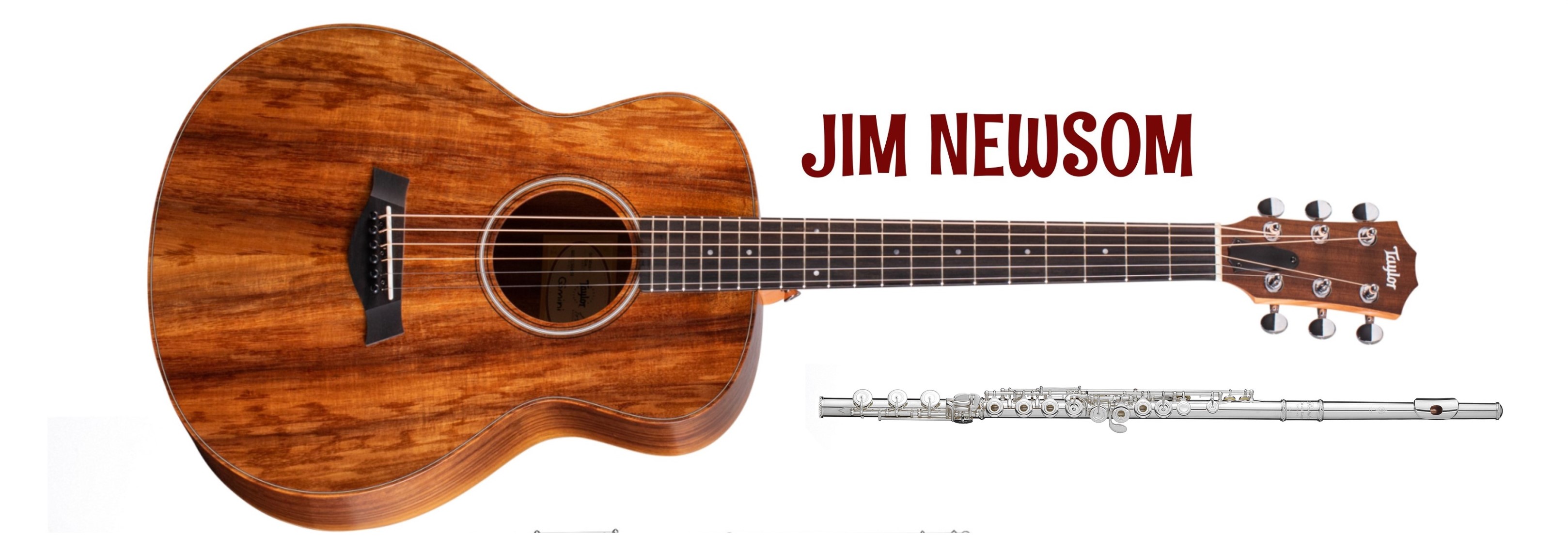January 15, 2017
Bob Zentz: Pieces of the Puzzle
by Jim Newsom
Bob Zentz is a folkie and proud of it. While some musicians move among various genres over the course of their careers, he has stayed true to the folk idiom.
“Folk music has so many different working parts,” he said over lunch recently. “For me it’s been a lifetime of borrowing from these parts and trying to share them with audiences.”
Zentz, who formed his first group, The Minutemen, while attending William & Mary in the early ‘60s, will be inducted into Norfolk’s Legends of Music Walk of Fame at the Roper Performing Arts Center on February 26th. He’s played all over the world, and is still in demand for his rich catalog of songs and massive menagerie of acoustic instruments:
“The travels that I experienced in different places allowed me to have the opportunity to hear other music. When I was invited to play at the Australian National Folk Festival, I came back psyched out about didgeridoos. I haven’t become any wizard didgeridoo player, but I can teach kids how to do it and teach something about the Aboriginal culture. So I think the music is a big tapestry.”
He has helped weave that tapestry locally in a variety of ways. Besides his own performances, he owned Ramblin’ Conrad’s Guitar Shop and Folklore Center in Norfolk from 1972-1995. He created and booked the Old Dominion Folk Festival through the ‘70s and hosted In the Folk Tradition for 27 years on WHRO and WHRV-FM. He and his partner Jeanne MacDougall recently established the Ramblin’ Conrad Folklife Institute at Old Dominion University.
“When I had the radio show,” he said, “I would go to play at a festival in someplace like Belgium and I’d come back with a stack of records. Different groups that I’d heard that were from all over Europe—German bands using hurdy gurdies, groups from Brittany playing redbone bagpipes. I felt like this is stuff that most people who live in Norfolk have never heard, especially live. That was one of the incentives to have Cajun bands and South American bands playing pan flutes come through the shop on a Monday or Tuesday night when they were in between Washington and the Triangle area, looking for a gig to at least give them room and board for the night.
“Stan Rogers, the first time he came to the United States, played at Ramblin’ Conrad’s to an audience of seven people! I had never heard of him before, but my friend Caryl Weiss called and said you gotta hear this guy. He’s got a Tuesday off. And the shop was there; it was always there.
“In a lot of ways, starting this Folk Institute is looking at the shop as a funnel for a lot of different types of music that probably wouldn’t have wound up being heard in this area.”
After college and a stint in the Coast Guard, Bob Zentz went to California in 1969 to write songs for the Smothers Brothers Comedy Hour. It would’ve been a great gig, but the controversial show was cancelled by CBS as he drove across country. Nonetheless, he stayed in LA for three years. While there, he won the William E. Oliver Songwriting Award in 1970. The contest was run by people who’d been involved with the People’s Songs Bulletin.
“I was in this nest of old folk radicals,” he remembered, “a lot of blacklisted folks. I got to open for Malvina Reynolds at the Unitarian Church in Los Angeles. Neat stuff. I went to the San Diego Folk Festival and I was just blown out of the water. There were people there like Dave Van Ronk, [bluesman] John Jackson who said ‘oh, you’re from Virginia too!’ And a group called the Fat City String Band that became the Highwood String Band, the best potentially commercial old time music players.
“But it’s all like putting together pieces of the puzzle. Fortunately for me, Sandy and Caroline Paton [founders of Folk Legacy Records] came to Norfolk to play at Old Dominion. They asked me why I named the shop Ramblin’ Conrad’s. I started telling them the story and singing them songs. And they said ‘come up to Connecticut and make this record.’
“The interesting thing for me was that I would go to festivals up north at colleges. When I made that first record for Folk Legacy, somebody hired me to go to the Cornell Folk Festival in Ithaca, New York, in the middle of winter. This was 1975 or ’76. That album had “The Story of Ramblin’ Conrad,” and they thought, hey, storyteller. I wound up being put into workshops, and I thought, I know songs that tell stories!”
Bob Zentz is still full of stories, both in person and in concert:
“A good story— I had made all of these cassette tapes at the San Diego Folk Festival. At Ramblin’ Conrad’s one day, this guy asks for a set of banjo strings in his old cracky voice. The guy working at the counter said, ‘I recognize your voice.’ And it was off of this tape that I’d been playing in the shop. It was the guy from the Fat City String Band, now the Highland String Band. He was from Ithaca, New York, but he was living with a gal down in Willoughby Spit that I had gone to school with. All of these drifting pieces of the puzzle.
“I invited them to play the Old Dominion Folk Festival and they were a big in-demand group from then on.”
© 2017 Jim Newsom. All Rights Reserved.
